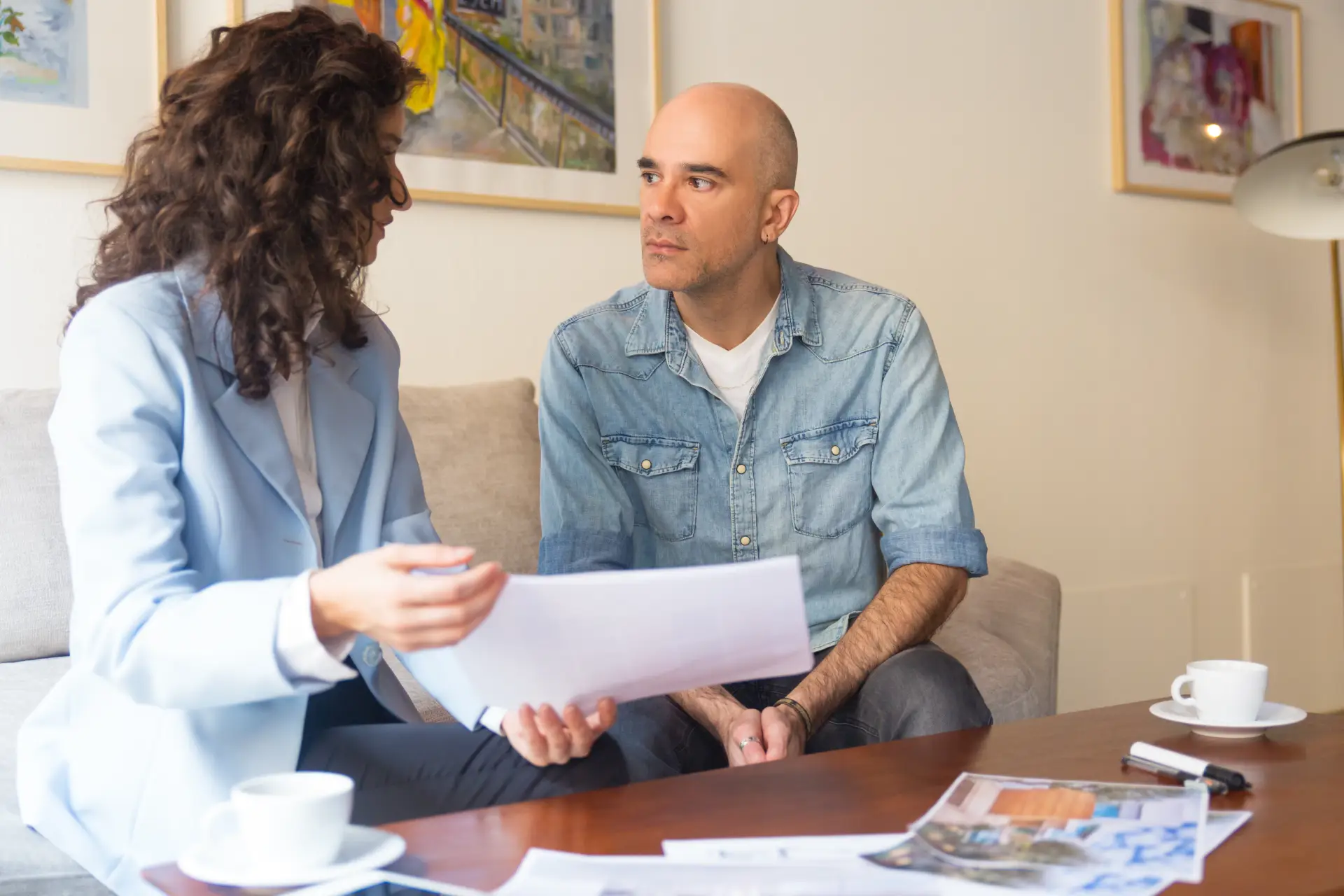Rohypnol Addiction Treatment in Long Island
Long Island focused guide to Rohypnol that explains what flunitrazepam is, why it is illegal in the U.S., how tolerance, dependence, and addiction develop, red flag symptoms and overdose risks, safe clinician guided detox and therapy options, trauma informed care for those affected by violence, and how our confidential local referral service connects you with licensed programs that accept your insurance and fit your needs.
Covered by most insurance plans
Available to help you 24/7
Table of Contents
Rohypnol, the brand name for flunitrazepam, is an extremely potent benzodiazepine that is not FDA approved in the United States and is illegal to possess or distribute. In some countries it is used clinically for severe insomnia or as a pre anesthetic. It enhances GABA activity and can cause profound sedation, muscle relaxation, and anterograde amnesia. Risks increase sharply when mixed with alcohol or opioids. Long Island Addiction Resources provides confidential guidance and connects you with licensed programs nearby that match your needs and insurance. We are a referral service, not a treatment facility.
What Is Rohypnol
- Status Not FDA approved in the U.S., illegal to possess or distribute.
- Effects Strong sedation, amnesia, muscle relaxation through GABA enhancement.
- Major concern Synergistic danger with alcohol and opioids that can suppress breathing.
How Dependence and Addiction Develop
- Tolerance The same dose stops working, leading to dose escalation.
- Physical dependence The body adapts, and withdrawal appears when the dose drops.
- Addiction Compulsive use despite harm, often linked to self medication or trauma.
- Higher risk Long or high dose use, mixing with alcohol or opioids, co occurring mental health conditions, trauma history, and family history of addiction.
Signs and Symptoms
- Physical Heavy sedation, slowed reflexes, slurred speech, unsteady gait, respiratory depression.
- Psychological Memory gaps and blackouts, irritability, mood swings, rebound anxiety or depression, suicidal thoughts that require urgent help.
- Behavioral Secretive use, preoccupation with obtaining pills, polysubstance use, withdrawal from responsibilities and relationships.
Key Dangers
- Overdose Life threatening breathing suppression, especially with alcohol or opioids.
- Amnesia and vulnerability Blackouts raise risks for assault, accidents, and legal problems.
- Cognitive impact Persistent problems with memory and attention can occur with chronic use.
Withdrawal and Detox
Benzodiazepine withdrawal can be severe and dangerous, with intense anxiety, insomnia, tremor, perceptual changes, and seizures. Do not quit cold turkey. Best practice is a clinician guided, gradual taper based on your dose history. Programs may cross taper to a longer acting, legal benzodiazepine, add non addictive supports for sleep and anxiety, monitor vitals, and use CBT I for insomnia.

Treatment Pathways on Long Island
- Medical detox, inpatient For significant dependence, polysubstance use, seizure risk, or unsafe home settings.
- Residential rehab Twenty four hour structured care with daily therapy, medication management, and skills building.
- Partial Hospitalization and Intensive Outpatient Daytime treatment while living at home or in recovery housing.
- Outpatient care Step down or mild cases with ongoing taper management, therapy, and relapse prevention.
Evidence Based Therapies
- Cognitive Behavioral Therapy Identify triggers, build coping skills, stabilize routines.
- Dialectical Behavior Therapy skills Emotion regulation, distress tolerance, and interpersonal effectiveness.
- Motivational interviewing Strengthen commitment to change.
- CBT I Sleep restoration without sedative medications.
- Trauma informed care Essential when use intersects with trauma or drug facilitated assault.
Relapse Prevention and Aftercare
- Written plan with personal triggers such as insomnia spirals, alcohol use, or high stress periods and clear if then steps.
- Slow taper end stages and follow ups for 6 to 12 months.
- Treat co occurring conditions with non sedating strategies when possible.
- Safety rules include no alcohol or opioids or other sedatives, one prescriber and one pharmacy, and secure medication storage.

Find Help on Long Island
We provide confidential assessments and connect you with licensed programs across Nassau and Suffolk and greater New York for medical detox, rehab, PHP or IOP, and outpatient care. We verify benefits, compare options, and match you with evidence based, trauma informed providers that accept your insurance.
Start today
If you or a loved one are ready to end your alcohol and drug use, there are many recovery options available near you in Long Island
Rehab Programs
Are you ready to take back control over your life?
Making the decision to seek help is one of the hardest and bravest steps you can take. We know that the recovery process is not always easy—there may be challenges along the way—but every step forward brings you closer to a life free from the weight of addiction.
Let today be
your Day 1
We'll get on a call, assess your health history, and verify your insurance. Today is Day 1. We can't wait to celebrate Day 1000 with you!
Fill out this simple form and we’ll call you right back.
Frequently Asked Questions
We'll get on a call, assess your health history, and verify your insurance. Today is Day 1. We can't wait to celebrate Day 1000 with you!
Can I taper off Rohypnol on my own?
Self-tapering from a potent benzodiazepine is risky. A clinician-guided, gradual taper with medical monitoring is the safest approach and reduces seizure risk.
Do I need inpatient detox or can I do outpatient on Long Island?
It depends on dose/duration, other substances (like alcohol/opioids), seizure history, and your home support. We’ll refer you to programs that assess and match the safest level of care in Nassau/Suffolk.
What if my insomnia gets worse during taper?
Rebound insomnia is common. Evidence-based strategies like CBT-I, sleep scheduling, light exposure, and non-sedating aids can help without re-triggering dependence.
How long does a safe benzo taper take?
Timelines vary often weeks to several months. Tapers usually slow near the end to prevent setbacks; your prescriber will adjust based on symptoms.
Are you a treatment center?
No. We’re a Long Island based referral service. We provide confidential guidance and connect you with licensed New York detox, residential, PHP/IOP, and outpatient programs.














